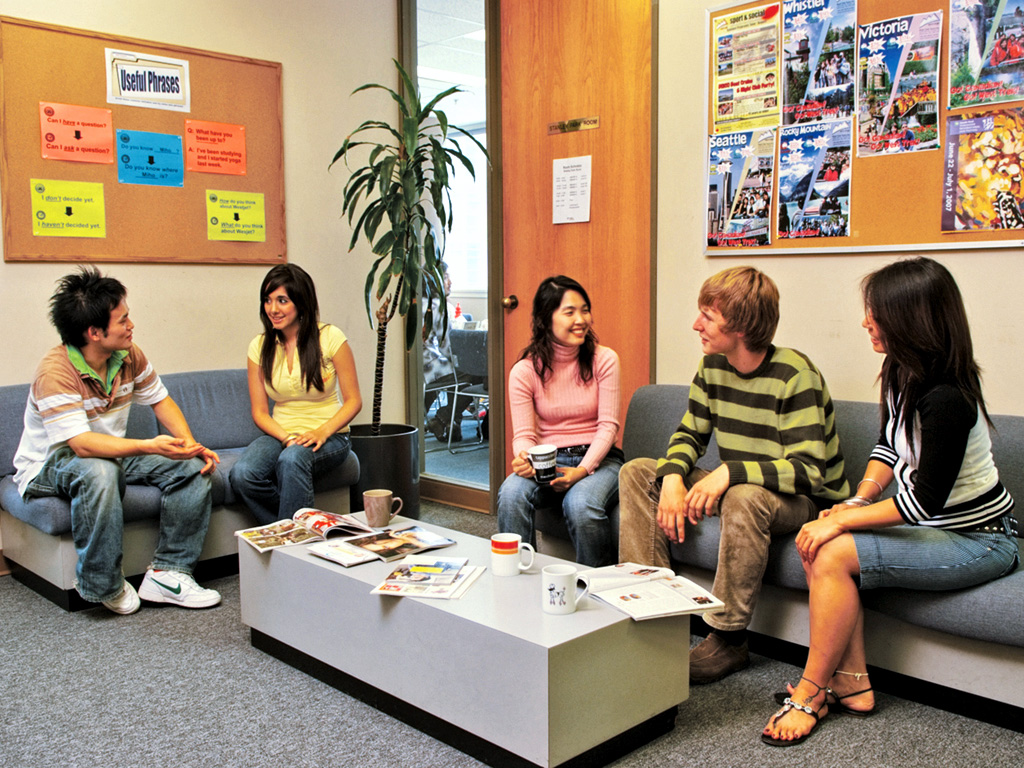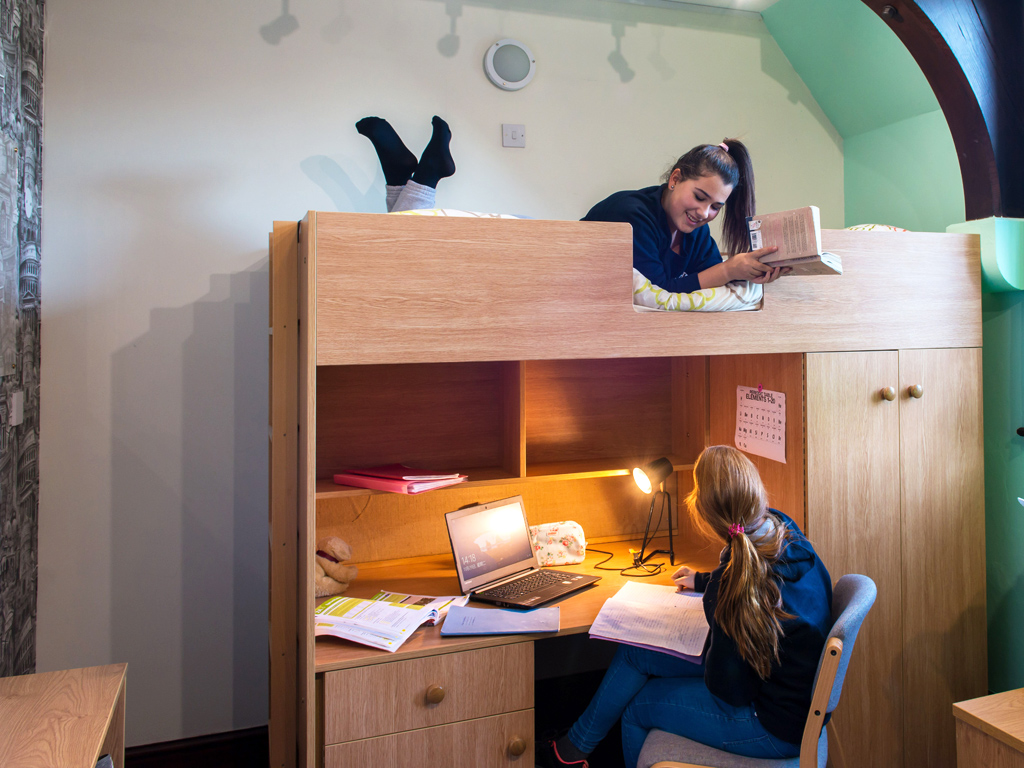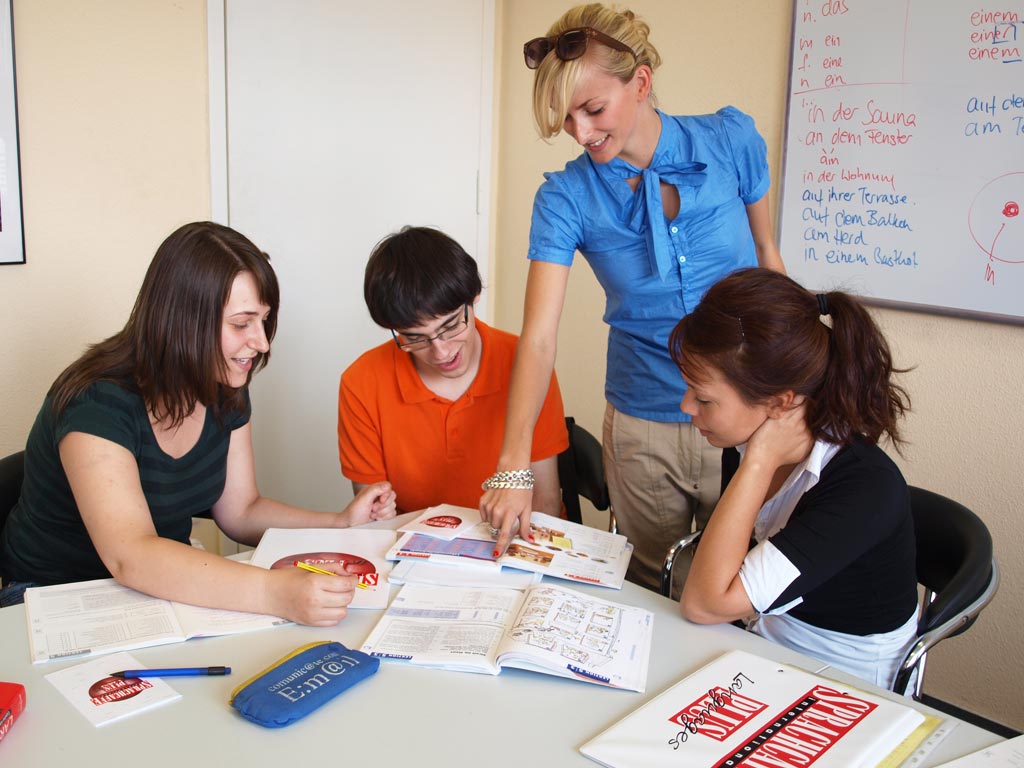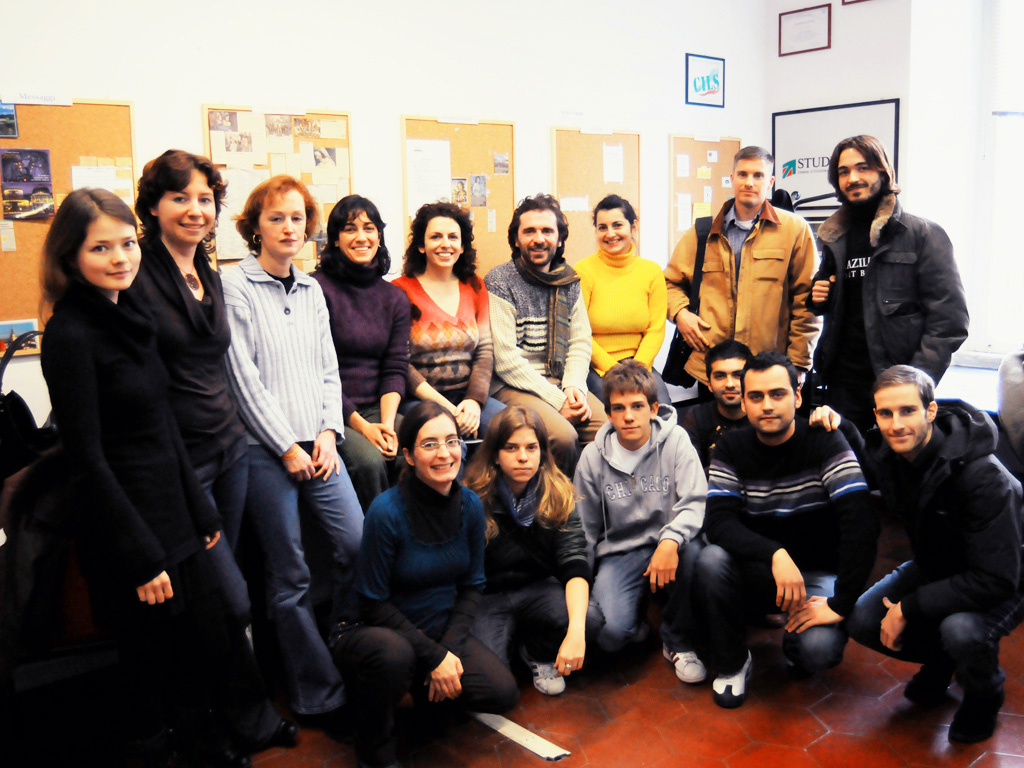Splash into Savings: Summer Discounts! 🏖️🌊
Exclusive Discounts for your summer travels ✈️. Brighton up your lives this summer☀️ Get Set for Unbeatable Offers!
Pathways to your professional success
Your future, your decisions
Students are often unsure about which field of study to choose, considering they have never committed to more intensely specialized forms of education before. It is completely normal not to know what the right place to start is, because people are often not taught much about what happens after they leave school. On top of that, you are expected to know where you want to go to study and to know exactly how to take charge of all of your finances whilst there, even though you may not have previously had to do this very frequently in your life. One of the greatest opportunities that you can get in your life is the chance to study abroad. You might have all of these worries and more on your mind right now. We want you to know that we are here to help you with all of your concerns about your education and everything to do with it, because we understand what it is like to struggle when you are uncertain about what the right choice is for you personally.
Then there is the question of whether you want to study in the country that you grew up in or leave in order to learn more about other parts of the world, as well as getting involved in an educational experience unlike any you have known so far. This is of course one of the hardest choices you may have had to make so far, but it also yields the most qualification granting experiences. Stand out from your peers and improve your market worth by educating yourself abroad and learning the most important practical skills you will need for the rest of your life.
We do not want you to worry too much. That is why we want to let you know about a few things that can help you get an idea about where to begin your planning: Not every university in the USA and Canada requires you to have a TOEFL or IELTS certificate in order to enroll. Many of our partners accept our level 5 or 6 course completion certificates. This means that you will not need to take a language exam, depending which institution(s) you choose to apply for. It is necessary to take language exams or to have certification of the appropriate language skills in order to enter a university in Europe. If you want to keep your choices open in regards to which university you go for, rest assured that the IELTS, TOEFL, Test DAF or DELE test will give you a greater overall flexibility to pick your favorite from the large range of options.
Language course
Sprachcaffe's long-term language courses are the most effective way to learn a language before your time abroad, making the transition quicker and easier
Personal Counseling
Our experienced staff is here to help you every step of the way - before, during, and after your experience abroad
Adventure-ready
Our step-by-step support will prepare you for what's to come - so that you can start your adventure from day 1
Admission support
We support you during the higher education admission process: everything from organising an internship, document preparation, visas, and much more!
Studying abroad
Advantages of studying abroad
• High standards of education
• Certificates and degrees are proof of distinctive job qualifications
• Studying whilst living in a different country is easier than trying to migrate without studying
• It is possible to transfer the credits to different institutions' grading systems, depending on the type of certification achieved
• Many colleges and universities offer the possibility of getting a job alongside your studies
Your progress driven Pathways program
Language course choices
| Standard Program | Intensive Program | Super Intensive Program |
|---|---|---|
| 20 lessons per week (15 hours) | 30 lessons per week (22,5 hours) | 40 lessons per week (30 hours) |
| Appropriate from beginner to advanced language skills | Appropriate from beginner to advanced language skills | Appropriate from beginner to advanced language skills |
| Course duration: 12 weeks or longer (more weeks might be required depending on language ability) | Course duration: 12 weeks or longer | Course duration: 12 weeks or longer |
| One level is completed after 12 weeks | One level is completed after 12 weeks | One level is completed after 8 weeks |
| Monday to Friday, 4 lessons per day | Monday to Friday, 6 lessons per day | Monday to Friday, 8 lessons per day |
| Subjects: University Pathways course and Exam Preparation course | Subjects: Integrated Skills, Active Listening and Elective course (2 lessons) | Subjects: Integrated Skills, Active Listening and Elective course (4 lessons) |
Sprachcaffe's 7 steps to success
Take our free language test
Take our online test and know what your current language level is
Receive your personalised plan
We will create a personalized study plan for you including colleges/universities that meet your needs and information about time-frames, deadlines, and cost
Choose your language course
Sign up for the language course to reach the level required by the university/college of your choice
Receive your course-completion certificate
Once you complete your course you will receive Sprachcaffe's Language Certificate
Apply to the college of university of your choice
Let us help you submit your application to your college or university of choice
Receive your documents
Apply for your study permit after you receive your conditional letter of acceptance
Start your program
Embark on our Pathway Program and have an experience you will never forget!
Accommodation
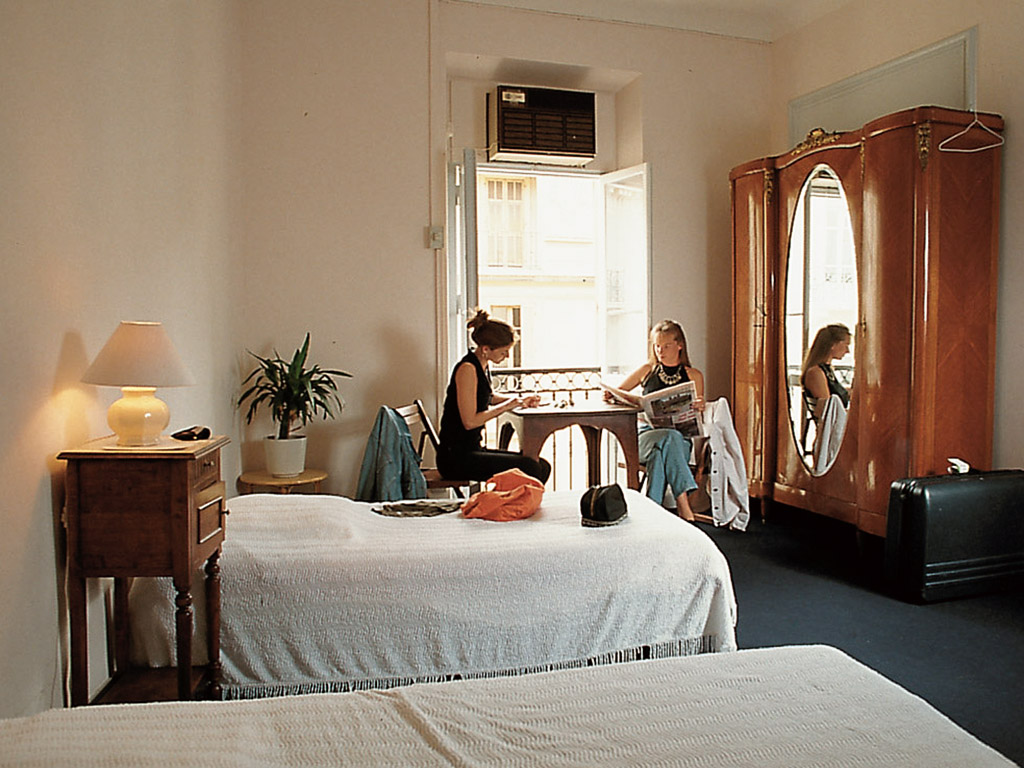
University or college?
Things to consider when choosing a university or other academic institution:
2. Course duration, entry requirements and desired outcomes
3. Location and advantageous features of the institution
4. Financing yourself and your education throughout the duration of your studies
College and Technical Institution programs:
- Certificates
- Diplomas
- Associate degree
Undergraduate and Postgraduate studies
- Bachelor's degree
- Postgraduate diplomas and postgraduate certificates
Differences between university and college education
College and technical institutes
- Programs that focus on teaching you relevant qualifications for your future career
- Credits you obtain at the end of these programs can be transferred to University grading schemes
- Available programs: diploma, certificate, applied Bachelor’s degree and Associate degree
- Tend to be less expensive than universities
University
- Improving your research skills and applying critical thinking to your research strategies
- Varying types of teaching depending on the course and module types: lectures, tutorials and seminars
- Available programs: Bachelor courses, Masters courses and PhD research fields
- Many research facilities and student societies for social and academic enrichment
Post-Secondary Education
| Colleges and technical institutes | Universities |
|---|---|
| Programs that focused on teaching you relevant qualifications for your future career | Improving your research skills and applying critical thinking to your research strategies |
| Credits you obtain at the end of these programs can be transferred to University grading schemes | Varying types of teaching depending on the course and module types: lectures, tutorials and seminars |
| Available programs: diploma, certificate, applied Bachelor’s degree and Associate degree | Available programs: Bachelor courses, Masters courses and PhD research fields |
| Tend to be less expensive than universities | Many research facilities and student societies for social and academic enrichment |
We are always here to help you so please get in touch with us if you are struggling with any of the processes described above or have a question you would like us to answer.

